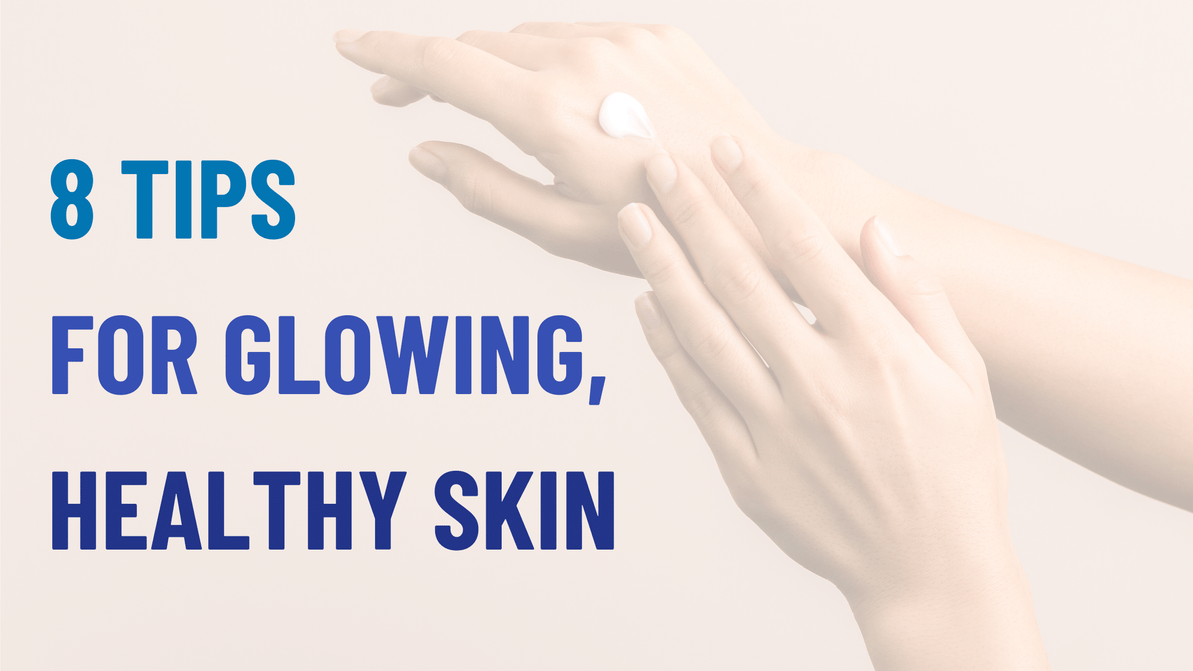8 Tips for Glowing, Healthy Skin
We all dream of healthy skin that stays young year after year. We’ll use creams, serums, and other skincare products available on the market. Most of us, however, skip one key component for skin health: our lifestyle.
You probably know that staying in the sun without sunscreen in the middle of a hot summer day can lead to skin cancer (on top of a nasty and painful burn). But did you know that a diet high in processed foods and alcohol and lack of sleep can increase the aging process and even cause various skin conditions?
Before you ask—no, you don’t have to stay indoors all the time and eat only veggies to keep your skin healthy. As always, balance is key. Here’s what to do to keep your skin healthy and happy.
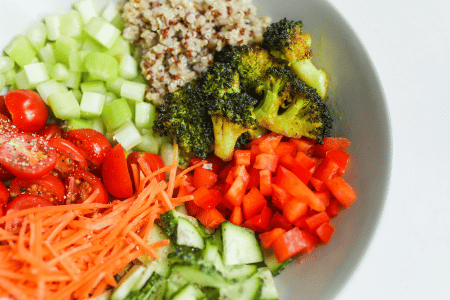
1. Eat a healthy diet
Eating a healthy diet will not only help you keep a healthy weight and avoid various conditions. It will also keep your skin healthy. Avoiding junk food and limiting sugar and alcohol is the first step. In fact, research shows that limiting alcohol may reduce your risk of developing certain skin cancers.
But eating for healthy skin is more than what you avoid. It’s about what you include. Here are some foods for glowing skin.
- Tomatoes. Did you know tomatoes may help prevent skin cancer? A study on mice showed their skin cancer rates after UV exposure dropped by 50% in those who ate tomatoes. We need some studies on humans to know more, but these results look promising.
- Mangos. These delicious fruits are known for their antioxidant properties and help protect the collagen in your skin.
- Green tea. If you’re a tea fan, you’ll be happy to know green tea is excellent for the skin. The polyphenols in it can help rejuvenate skin cells, so they may speed up wound healing. Research also shows green tea might help with skin conditions like psoriasis by reducing inflammation.
- Omega 3. These fatty acids are great for heart health but can also help your skin look better by preventing dryness.
- Soy. If you struggle with crow’s feet wrinkles, soy may help. This is especially true for postmenopausal women, but everyone can benefit.
2. Use sunscreen
You can’t—and shouldn’t—stay indoors all the time. But you should use sunscreen to protect your skin.
Dermatologists recommend choosing something with an SPF of 30, but if you have sensitive skin, go for an SPF of 50 or even 100. And don’t limit sunscreen to beach days. The sun will still get to your skin even if you’re only taking a walk through the city.
Most think sunscreen is a summer product. That couldn’t be more wrong. While the sun is stronger and hotter in summer, UV rays can also damage your skin in winter.
Clothing does offer protection, but some will allow some UV rays through. A good example is light summer clothes. They do offer some protection, but it’s not 100%.
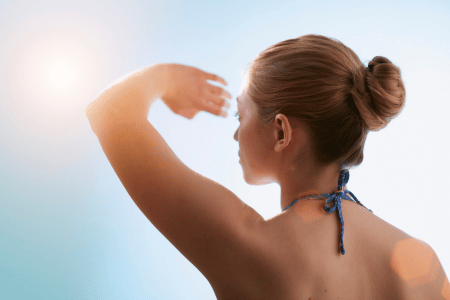
3. Limit sun exposure
Laying in the sun, by a pool or the sea, can be fun and relaxing. Until you end up with severe burns, that is. Even without the burns, staying in the sun for too long can be unhealthy. It can cause premature skin aging and even cancer.
If you want to take advantage of the hot weather, go early in the morning. You can stay until 10 a.m., but you should avoid mid-day exposure. If you’re not a morning person or want a few more hours in the sun, try after 4 p.m. Even during those hours, don’t forget that sunscreen!
4. Stay hydrated
Skin hydration starts from within. Creams and serums can only help so much. Your skin will suffer if you drink too little water and are constantly dehydrated.
How much water should you drink? That depends on several factors. The general recommendation is 8 cups, which is good for a significant percentage of the population. Science disagrees slightly, stating that women need about 11.5 cups, while men need 15.5.
Your liquids need will also increase if
- You live in an area with high temperatures and humidity
- Do a lot of strenuous activities
- Are pregnant or breastfeeding
We talked all about hydration in a previous article—how much to drink and what, the caffeine myth, and more, so check it out.

5. Get plenty of sleep
Believe it or not, sleep is essential if you want healthy, glowing skin. They don’t call it beauty sleep for nothing!
The CDC states that adults need between 7 and 9 hours of sleep. Anything lower can lead to various health issues, including obesity, low immunity, and diabetes. On top of that, sleep deprivation can cause wrinkles and will make your skin look dull.
There also seems to be a link between sleep and hydration. A study conducted in 2019 on healthy, not pregnant adults revealed that those who slept less than 7 hours were less hydrated than those who did. And since we already know hydration and healthy skin go hand in hand, getting enough sleep becomes even more important.
Another study conducted in 2020 showed that sleep deprivation can exacerbate rosacea. There are also studies that find no links between sleep and the skin, so there is a subjective component to all of this. Some individuals may see the effects of sleep deprivation on their skin, while others won’t.
Getting enough sleep is great for your overall health, though, so regardless of where you are on this spectrum, try to get that beauty sleep.
6. Avoid smoking
It shouldn’t come as a shock that smoking is bad for you. It is not just bad for your lungs, but it can also damage the skin. By narrowing the blood vessels, smoking can speed up aging, especially of the facial skin, but not only.
Your skin needs collagen and elastin to thrive and look young. Smoking reduces elastin, contributing to accelerated aging.
Would supplementing with collagen help reduce this effect? Not really. Sure, collagen can help your skin, but there’s only so much it can do. Supplementing will have limited effects if your lifestyle is constantly depleting your skin of the things it needs to thrive.
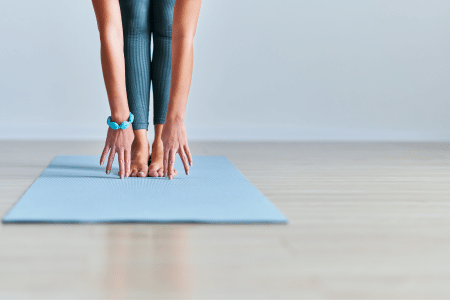
7. Manage stress
Stress can mess up your health in every way you could think of, and skin is part of the mix. Acne, irritation, and inflammation are a few things that may get in the way of your efforts to have glowing skin.
Stress can increase oil production, which in turn leads to acne. It can also increase inflammation, worsening conditions like psoriasis or rosacea. High cortisol levels can also cause your skin to become thinner, more sensitive, and even prone to injury.
You can’t avoid stress altogether, but you can try to manage it. Get enough sleep, move your body, and prioritize relaxation whenever possible. Even a bubble bath at the end of a long week can help.
8. Moisturize
When talking about skin health, we can’t forget about moisturization. The chemicals in the environment, the (long, hot) showers or baths, the sun, the cold, and the wind all leave their imprint on our skin. Here are a few easy ways to help your body.
- Don’t take more than one 5-10 minute shower per day. Excessive washing may feel good, but it will remove protective oils from your skin.
- Go for warm water instead of hot.
- Use gentle cleaning products, avoiding the harsher ones. Exfoliating once in a while is great, but don’t make it a daily habit.
- Use a moisturizer immediately after washing, as that’s when the skin absorbs it best. Hypo-allergenic ointments, creams, and lotions are best, as others may irritate the skin. But it is ultimately a personal preference.
- Use a humidifier if needed. Many homes get very dry air, especially in the winter when the heat is on. This can dry your skin and make it more sensitive and prone to irritation. Using a humidifier can fight off that dryness and keep your skin healthy and happy.
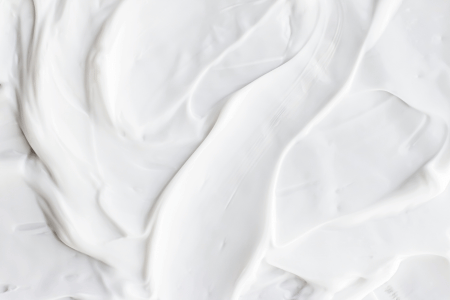
The bottom line
Your skin is your largest organ and can speak a lot about your health. Your lifestyle can have an enormous impact on how your skin looks and feels. To minimize issues and avoid premature aging, eat a diet rich in whole foods, especially things like omega 3s, tomatoes, mangoes, and green tea.
Use sunscreen, minimize stress, drink plenty of water, and make sure you get that beauty sleep. And if you want some help taking care of your skin, check out some of our products, such as the Cellfood Oxygenating Skincare gel. We understand having a perfect lifestyle is not always possible. That’s why our products take care of your skin gently, having a nourishing and beautifying effect.
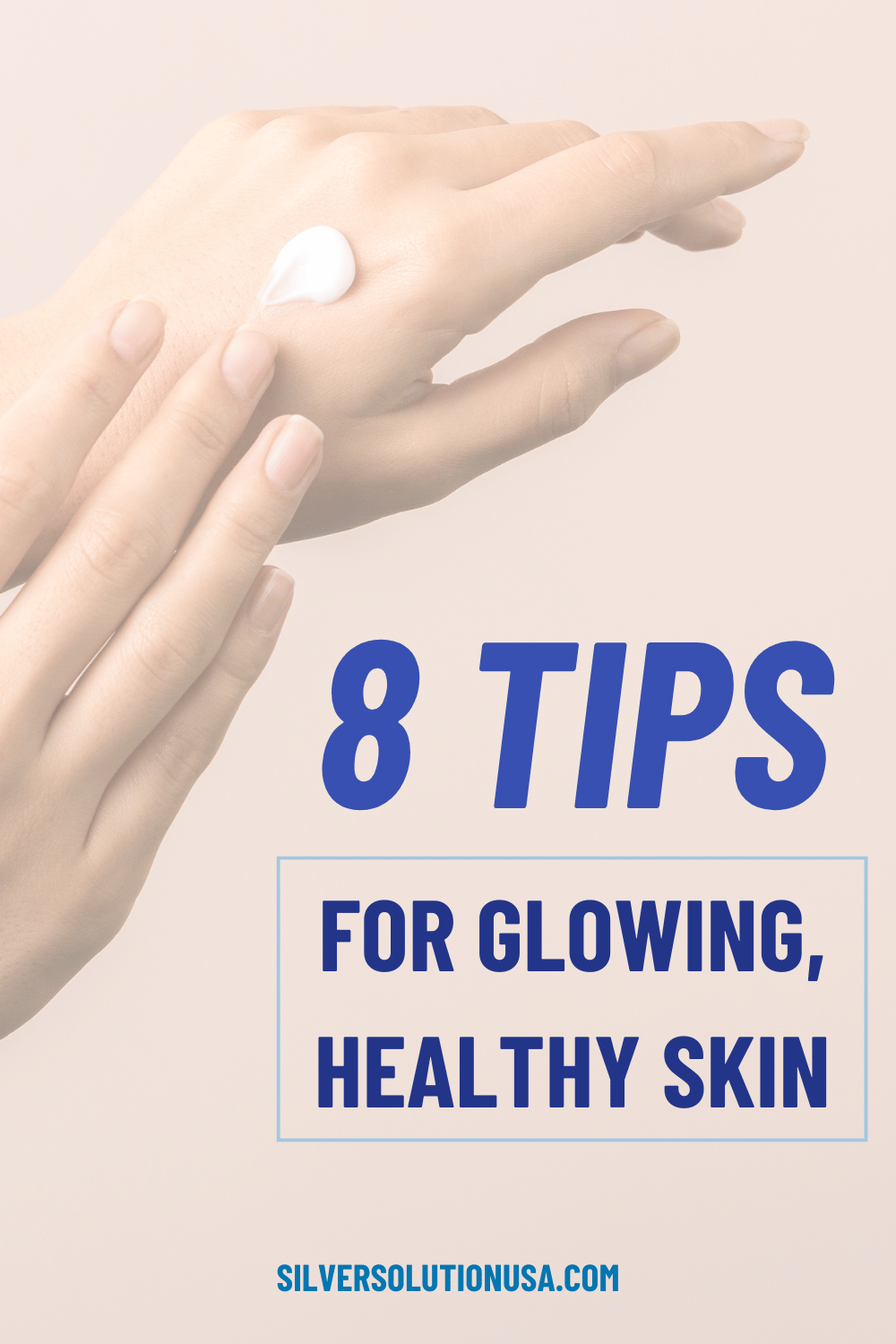
Health/Medical Disclaimer
This blog post does not provide health or medical advice. This blog post is for informational and educational purposes only and is not a substitute for professional health or medical advice. Before taking any actions based upon such information, we encourage you to consult with the appropriate medical and healthcare professionals. We do not provide any kind of health or medical advice. The use or reliance of any information contained on this blog is solely at your own risk.
Sources
https://onlinelibrary.wiley.com/doi/abs/10.1111/bjd.15647
https://www.nature.com/articles/s41598-017-05568-7
https://onlinelibrary.wiley.com/doi/abs/10.1111/j.1600-0625.2007.00585.x
https://ussoy.org/research-studies-show-soys-benefits-for-skin-health/
https://www.cdc.gov/sleep/about_sleep/how_much_sleep.html
https://academic.oup.com/sleep/article/42/2/zsy210/5155420
https://pubmed.ncbi.nlm.nih.gov/32291809/
https://jamanetwork.com/journals/jamadermatology/fullarticle/712313
Recent Posts
-
Are sunscreen ingredients harmful?
Sunny days can bring a lot of fun. Going out for a swim, spending time in nature, or relaxing on the …18th Mar 2024 -
The Veggie Debate: Does Cooking Vegetables Destroy Nutrients and the Best Ways to Cook Them
Vegetables are one of the healthiest foods you can choose. Some people downright hate them, while so …4th Mar 2024 -
Best Foods for COVID Recovery and Prevention
A few years ago, a new virus took the world by surprise. COVID-19 may look like the flu on the surfa …19th Feb 2024

